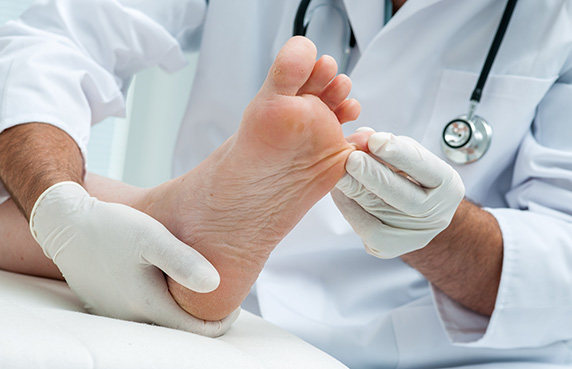Alzheimer’s disease (AD) is one of the most significant healthcare problems nationally and globally. It’s now the third leading cause of death in the United States, following cardiovascular disease and cancer. While there are approximately 5.2 million Americans with AD, this number does not include many young Americans destined to develop AD during their lifetimes. Approximately 15% or 45 million Americans now living may develop AD during their lifetimes if no prevention is instituted.
The first publication describing the reversal of cognitive decline in patients with early Alzheimer’s disease, MCI (mild cognitive impairment) and SCI (subjective cognitive impairment), was discussed ten patients, nine of which had the major genetic risk factor for sporadic Alzheimer’s disease, apolipoprotein E (ApoE4). The testing procedure, called cognoscopy, involves blood work, genetic tests, and more. A personalized therapeutic approach was used and patients were treated with metabolic enhancement for neurodegeneration (MEND) for 5‐24 months. Nine of the 10 patients had improvement in their memories. Patients who had stopped work were able to return to work, and those struggling at work were able to improve their performance. The patients, their spouses, and their co‐workers all reported clear improvements; the magnitude of the improvement was unprecedented. Results have been sustained for 5 years (since inception of therapy). Therapy involves treatment for exposure to toxins such as mold, nutritional deficiencies such as low vitamin D levels, hormonal imbalance, and inflammation Patients receive help to decrease stress, increase exercise, make dietary modifications and eliminate sugars, and address hidden infections.
Research was done at UCLA and multiple other locations and is reported in the book “The End of Alzheimer’s: The First Program to Prevent and Reverse Cognitive Decline” by Dale E. Bredesen, MD. (release date August 18, 2020).
https://www.ncbi.nlm.nih.gov/pmc/articles/PMC4931830/pdf/aging-08-1250.pdf
©Storey Marketing. All rights reserved.






